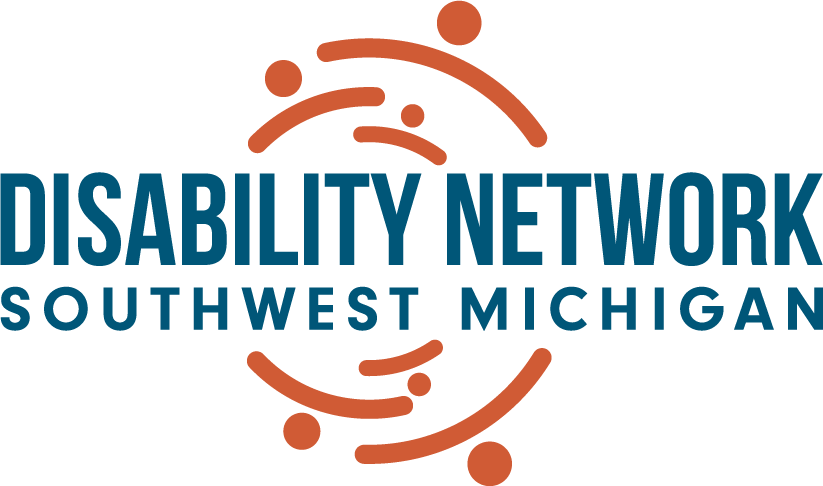
Expungement is the process of petitioning a court to have convictions removed from public record. People who have a criminal record are told they need to “pay their debt to society” for the crime they committed. Too often this ends up feeling like a life sentence no matter how brief their assigned punishment was because their criminal record follows them for the rest of their lives. Every time they apply for a job or housing or otherwise try to plug back into society they are faced with the judgment and rejection associated with their conviction.
Unfortunately, a strong connection between disability and the criminal justice system exists. While the national shift toward the de-institutionalization of people with disabilities is widely accepted as a positive thing, during the same time frame, people with disabilities—particularly those with mental health conditions—began being absorbed into the criminal justice system, often due to minor infractions. Reports show that federal and state jails and prisons now house three times as many people with mental health conditions as do state hospitals. With this alarming statistic, expungement becomes a significant issue in the disability community.
In October 2020, Governor Whitmer signed the Michigan Clean Slate Act legislation into law. Prior to the Clean Slate Act, the expungement process was available to a more limited category of people and was a long and complicated process. As a result of the complexities of the process, nearly 95% of people eligible for expungement don’t even apply for it; people with disabilities face even more barriers due to lack of accessibility.
The Clean Slate Act expands eligibility to petition for expungement in several ways and creates a new process that will automatically seal certain non-violent conviction records if a person has remained conviction-free for a designated period of time. The Clean Slate Act comprises several separate laws, most of which go into effect on April 10, 2021, including the expansion of eligibility. Automatic sealing of non-violent conviction records does not go into effect until December 30 of 2022. Because of the delayed start of the automatic expungement process, expungement clinics will be held throughout the state to assist people in applying under the newly lowered requirements. For more information and details regarding the Michigan Clean Slate Act and the expungement process, visit Safe and Just Michigan.
Leatrice Fullerton, Program Manager of Advocacy & Community Education at Disability Network Southwest Michigan, reached out to all of Michigan’s Representatives and Senators in our service area to inquire about the accessibility of the application process. Leatrice said, “Many people with disabilities are going to be able to benefit from this important legislation. For this reason, it is very important for the application process to be as accessible as possible.” Several elected officials responded with support and encouragement.
Our Advocacy team has been working with various state officials and community partners to host an Expungement Clinic later this year. Details about the clinic are not yet available.
